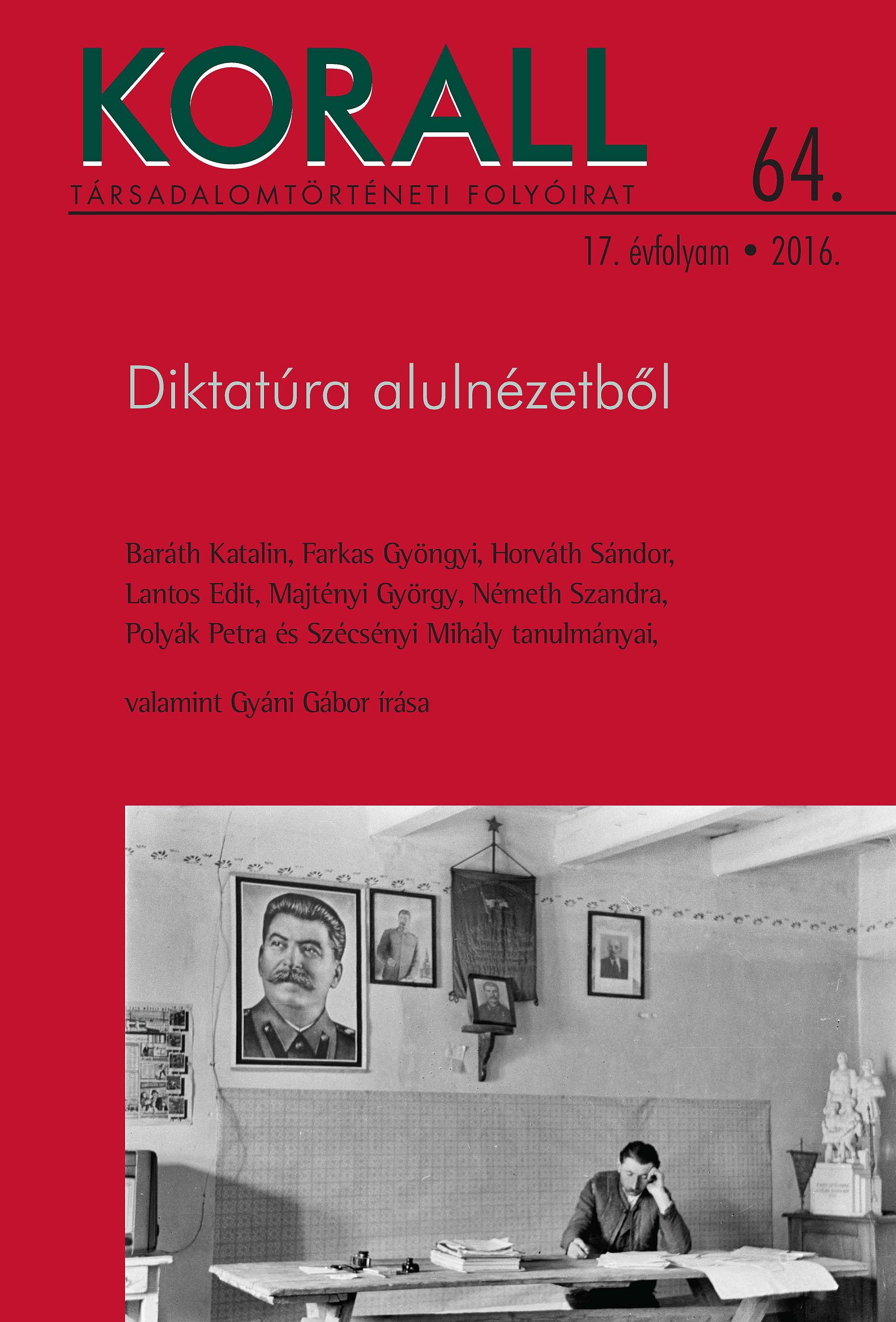„Osztályidegenek” az egyetemen
“Class Aliens” at University
Author(s): Petra PolyákSubject(s): History, Social Sciences, Education, Political history, Social history, Recent History (1900 till today), Post-War period (1950 - 1989)
Published by: KORALL Társadalomtörténeti Egyesület
Keywords: history; higher education; disciplinary cases; discrimination
Summary/Abstract: The social and education policy of the party state treated the higher education aspirations of various social groups differently. While students of worker or peasant origin were supported at university admissions, ‘class aliens’ were excluded from higher education altogether, leaving them only the loophole of ‘individual assessment’ to appeal to. In order to segregate those who benefitted and those who were barred, in 1949 the education administration developed a system of data collection and management to maximise the information known about each student. Students were allocated into categories by origin, following a painstaking collection of minute details about their parents’ income and financial situation. However, due to the professional/political differences of the assessors and the lack of clear methodology, the interpretation of the collected data was arbitrary on every level. From 1949/50 onwards, the higher education institutions exposed a large number of ‘interloping class aliens’ who were charged with withholding pieces of information which would cause their exclusion from higher education. Besides sanctioning any attempt to hide from the omnipresent control of the establishment, disciplinary actions taken for ‘withholding information’ focused on the students’ life stories and the (still very much arbitrary) interpretation thereof. The author examines disciplinary cases between 1950–1956 to find out whether ‘withholding information’ was indeed a conscious strategy of ‘class aliens’ to gain admission to higher education. The students’ arguments suggest that many of them were aware that providing ‘real’ information about themselves would result in their exclusion and they did indeed keep certain details from the admissions officers. Others, however, tried to legitimise the self-description of their social standing in order to deny the charges of deliberate misrepresentation and ‘withholding’. Upon more detailed examination, Polyák concludes that most of the disciplinary cases concerned the continuation of studies rather than admissions. For some students ‘withholding information’ was not a strategy to gain admission since their right to continue their studies in higher education was questioned only after their enrolment.
Journal: Korall - Társadalomtörténeti folyóirat
- Issue Year: 2016
- Issue No: 64
- Page Range: 5-25
- Page Count: 21
- Language: Hungarian

